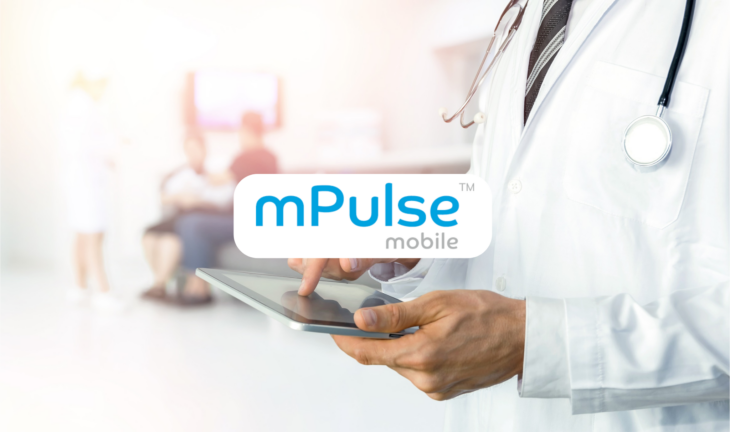Grammarly has introduced new features to help students enhance their critical thinking and communication abilities by leveraging generative AI. The features will be available in GrammarlyGO, the on-demand, AI-powered tool accessible across various platforms, and will be rolled out starting in late August.
"When educators prioritize fostering the responsible use of AI in their institutions and courses, they ensure students build critical thinking abilities and AI literacy that the workforce of today demands. With these new GrammarlyGO features, Grammarly demonstrates its continued commitment to higher education, helping institutions and educators set their students up for success through their academic careers and beyond,” said Jenny Maxwell, Head of Grammarly for Education.
The latest features in GrammarlyGO will allow students to utilize generative AI responsibly, assisting educational institutions in maintaining academic integrity while also preparing students for the AI-driven professional environment. By using generative AI, students can enhance their skills and be better equipped for the workplace, where AI plays an increasingly significant role in communication and other tasks.
The latest features in GrammarlyGO
The ideation prompts introduced in GrammarlyGO for students are designed to promote collaboration with generative AI rather than relying on it to do all the work. These prompts have an academic focus and aim to offer contextually relevant and constructive use cases to help students overcome writer's block, commonly referred to as the "blank page problem." For instance, the prompts will encourage students to engage in activities like brainstorming topics for their assignments or developing a research plan for their papers.
GrammarlyGO provides valuable support to students' learning process through its feedback prompts and output explanations. By using the suggested prompts, students can assess the effectiveness of their thesis statements, analyze counterarguments, and engage in various constructive activities. Additionally, the outputs generated by GrammarlyGO will include detailed explanations, offering students a deeper understanding of the AI's recommendations. This approach enables students to enhance their critical thinking and communication skills progressively as they gain insights into how to improve their writing.
In addition, Grammarly is introducing a new feature that streamlines the process of citing generative AI content, ensuring ethical use and transparency for educators and students. With this update, Grammarly users will now have the option to automatically generate citations for text produced by tools like GrammarlyGO and ChatGPT. This feature complements Grammarly's existing auto-citation capabilities for well-known research websites and plagiarism detection from a vast database of web pages and academic sources provided by ProQuest.
GrammarlyGO will incorporate AI guideline reminders to help students use generative AI responsibly. If a student tries to generate long-form text, the product will discourage them from doing so and instead redirect them to utilize the ideation features in GrammarlyGO. Additionally, the messaging within the product will serve as a reminder for students to adhere to their institution's or instructor's policies regarding the use of AI-generated content.
Speaking of generative AI, Grammarly has published a report revealing that most companies are yet to establish a well-defined plan for implementing generative AI on a large scale within their organizations.









